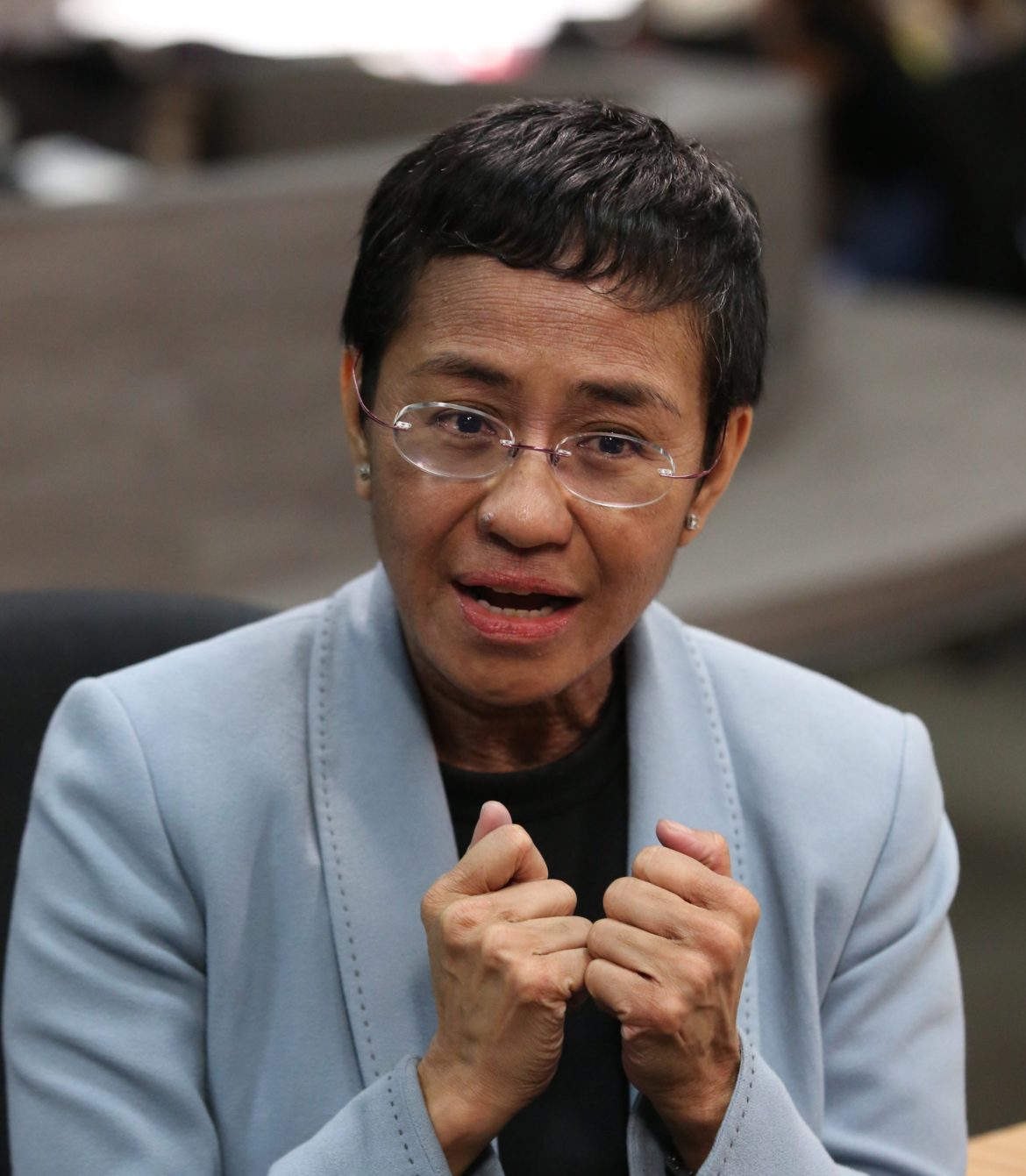The online news organization Rappler has secured an appeal to have its corporate license reinstated. This comes after the Court of Appeals (CA) overturned a previous decision made by the Securities and Exchange Commission (SEC) to shut down the company. The court’s ruling was announced following a decision made public on July 23.
Maria Ressa, a Nobel laureate and co-founder of Rappler, has been a prominent figure in the fight for press freedom in the Philippines. The SEC initially moved to revoke Rappler’s license, citing violations regarding foreign ownership rules. This action led to significant concerns among journalists and advocates for free expression, who viewed it as an attempt to suppress independent media voices.
In its recent ruling, the Court of Appeals found that the SEC’s decision lacked substantial evidence and legal basis. The court emphasized the importance of protecting freedom of the press as a vital component of democracy. The ruling has been welcomed by various human rights advocates and media groups, who see it as a positive step toward safeguarding press freedoms in the country.
The decision allows Rappler to continue its operations without the threat of closure. Supporters of the organization believe this victory bolsters efforts to ensure that journalists can report on issues freely and accurately, without fear of government intervention. Rappler has played a crucial role in covering significant social and political events in the Philippines, often drawing attention to crucial issues such as corruption, human rights abuses, and government accountability.
Maria Ressa has consistently voiced concerns about the dangers facing independent journalism in the Philippines. She has faced multiple legal challenges in recent years, including cases that many observers believe are politically motivated. Winning this appeal represents a significant victory not just for Rappler but for all entities challenging governmental actions that threaten journalistic independence.
This latest court ruling comes amid a broader discourse on press freedoms in Southeast Asia, where several nations are grappling with increasing hostility towards media outlets. The ruling may signal a shift in the legal landscape for journalists in the Philippines. Advocates hope that it will foster a more conducive environment for independent reporting moving forward.

